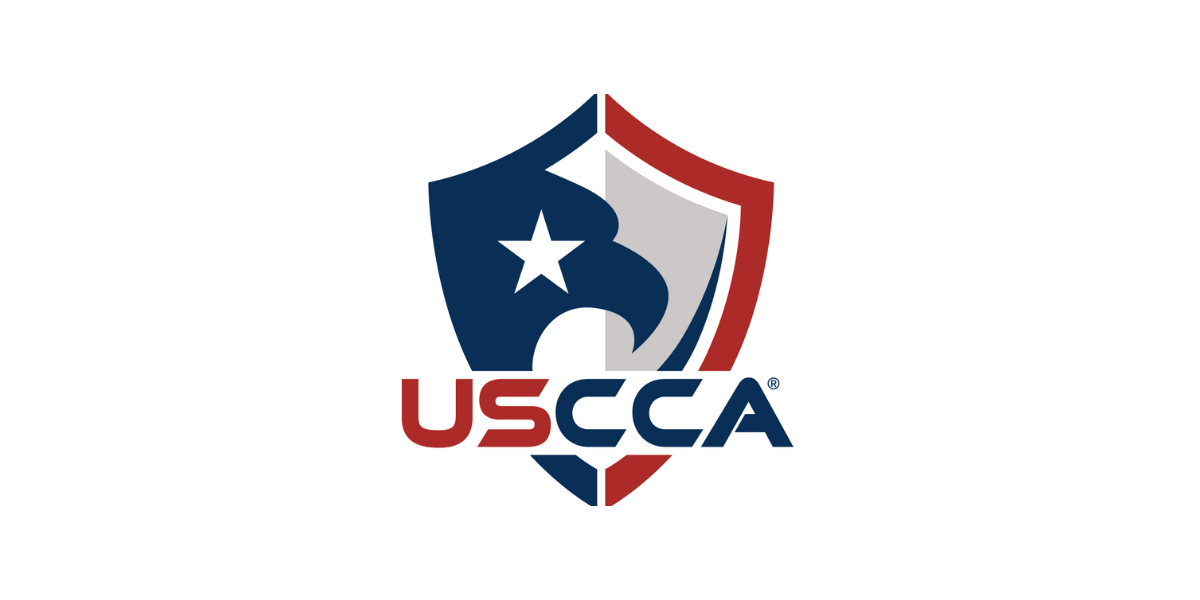The New York State Department of Labor (NYSDOL) has proposed new regulations regarding “call-in” pay. The proposed regulations would cover employers in New York State, except those in the hospitality, building service, and agriculture industries. While the proposed regulations are not yet final, it is anticipated that they will be adopted and come into effect this year.
Under existing law, covered employers are already required to grant “call-in” pay to non-exempt employees who report to work and are sent home early. The amount of “call-in” pay is the lesser of 4 hours, or the number of hours in the regularly scheduled shift, paid at the basic minimum wage rate. The proposed regulations would add additional “call-in” pay rules.
Specifically, under the proposed regulations, 4 hours of “call-in” pay at minimum wage would be due to non-exempt employees under the following circumstance: 1.) their shift is cancelled less than 72 hours before it was scheduled to start; 2.) they are required to communicate with the employer less than 72 hours before the scheduled start time of a shift to learn if they must report to work; and/or 3.) they are required to be on-call to report for a shift.
Further, 2 hours of additional “call-in” pay at minimum wage would be due to non-exempt employees for each shift scheduled with less than 14 days’ notice. (The 14-day rule does not apply to new hires during their first 2 weeks of employment.)
While the basic proposed “call-in” pay rules are outlined above, there are some additional technical requirements, including the following:
- The new “call-in” pay rules would not apply to employees in any week in which their weekly wages exceeded 40 times the applicable minimum wage rate. (The existing “call-in” pay rules would continue to apply regardless.)
- Also, the new “call-in” pay rules would not apply to employees covered by collective bargaining agreements that expressly provide for “call-in” pay.
- “Call-in” pay would not be considered pay for working time, so the additional hours paid as “call-in” pay would not be counted towards employees’ overtime hours or their regular rate of pay. (This is true under existing “call in” pay rules.)
- If a regularly scheduled employee were to call in sick or quit, and the employer needed to make a last-minute substitution to cover the shift, then no extra “call-in” pay would be due to a volunteer who worked the shift, so long as they were also a regularly scheduled employee.
- Under certain circumstances, less than 4 hours of “call-in” pay would be due to employees sent home early or whose shift was cancelled with less than 72-hours of notice. Specifically, the amount of “call-in” pay would be reduced from 4 hours to the number of hours that the employees normally worked for the cancelled shift, if the shift did not change from week to week.
As mentioned above, the proposed “call-in” pay regulations are not yet in effect, but they are expected to become law. If adopted, the new “call-in” pay regulations will make wage and hour compliance more complex for many employers in New York. Assuming the new rules come into effect, some affected employers will be looking for the simplest, most cost-effective way to deal with “call-in” pay and scheduling. Employers with questions about the proposed “call-in” pay rules, or wage and hour compliance in general, should talk to an experienced employment attorney.
The author, Kevin Shehan, is a Senior Counsel at Tully Rinckey PLLC’s Manhattan office. He works with private sector employers in a range of labor and employment matters, including wage and hour litigation and compliance.







